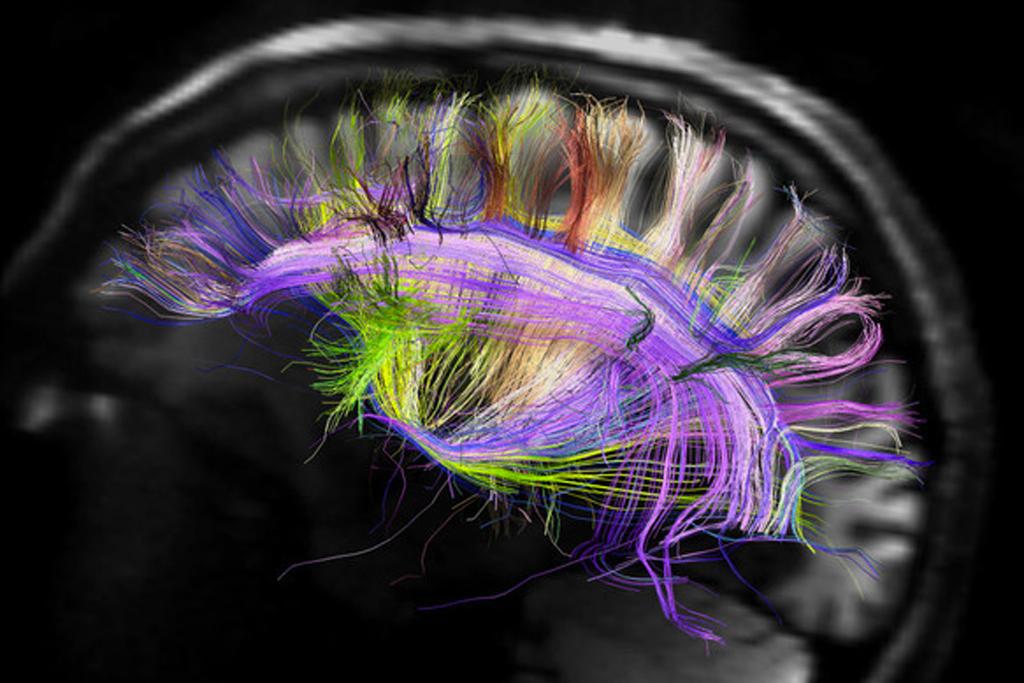‘Mini human brains’ grown from stem cells, scientists say
The image shows the Manhattan-like grid structure of brain fibers using a powerful new scanner that is used to map the complex organ.
"Mini human brains." Made from stem cells.
It sounds like something only Dr. Evil could think up.
But scientists in Austria have done it, growing mini brains from the programmable cells in a breakthrough they say could lead to new levels of understanding about the brain and combat inherited neurological diseases like autism and even schizophrenia.
More from GlobalPost: Hot chocolate helps the brain, study says
While the brains don't actually function, the parts are all there, and that's what's important.
Researchers used the human stem cells to create a culture in their lab that allowed them to grow into "cerebral organoids" — or mini brains — with several distinct regions.
It's the first time scientists have been able to replicate brain tissue in three dimensions.
Using the organoids, the research team was able to create a biological model of how a rare brain disorder called microcephaly develops.
Scientists say that technique could be used in the future to develop models for more common brain disorders like autism and schizophrenia.
More from GlobalPost: Smoking bad for brain, new study says
It could also be used to examine the effects of new drugs, instead of experimenting on animals.
Scientists had grown similar versions of the eye, liver, intestine and pituitary gland, but had never been able to produce a replica of the brain.
Experts described the work published in the journal Nature as "audacious", "exciting" and "stunning", but said it has its limitations.
Every day, reporters and producers at The World are hard at work bringing you human-centered news from across the globe. But we can’t do it without you. We need your support to ensure we can continue this work for another year.
Make a gift today, and you’ll help us unlock a matching gift of $67,000!
